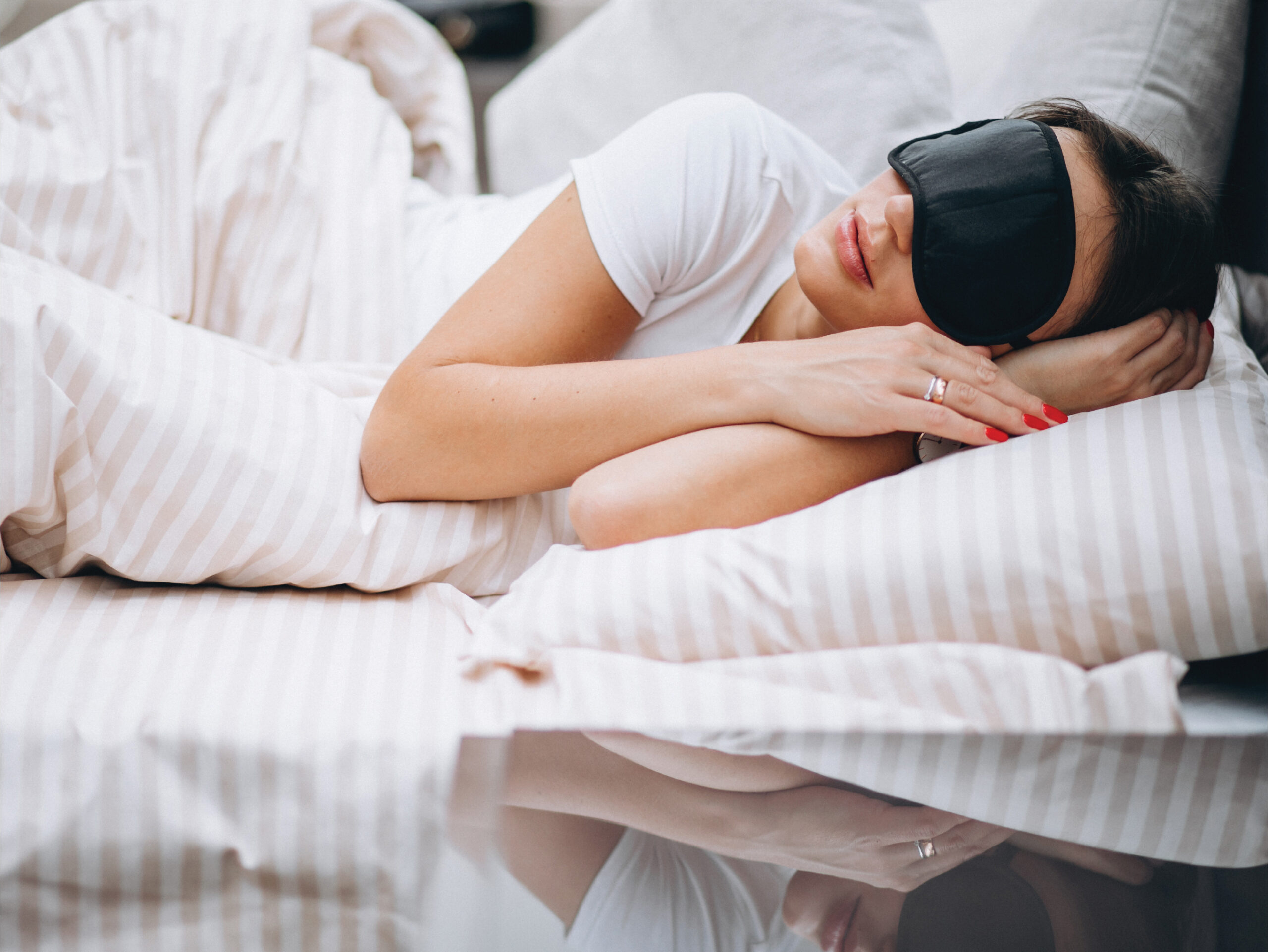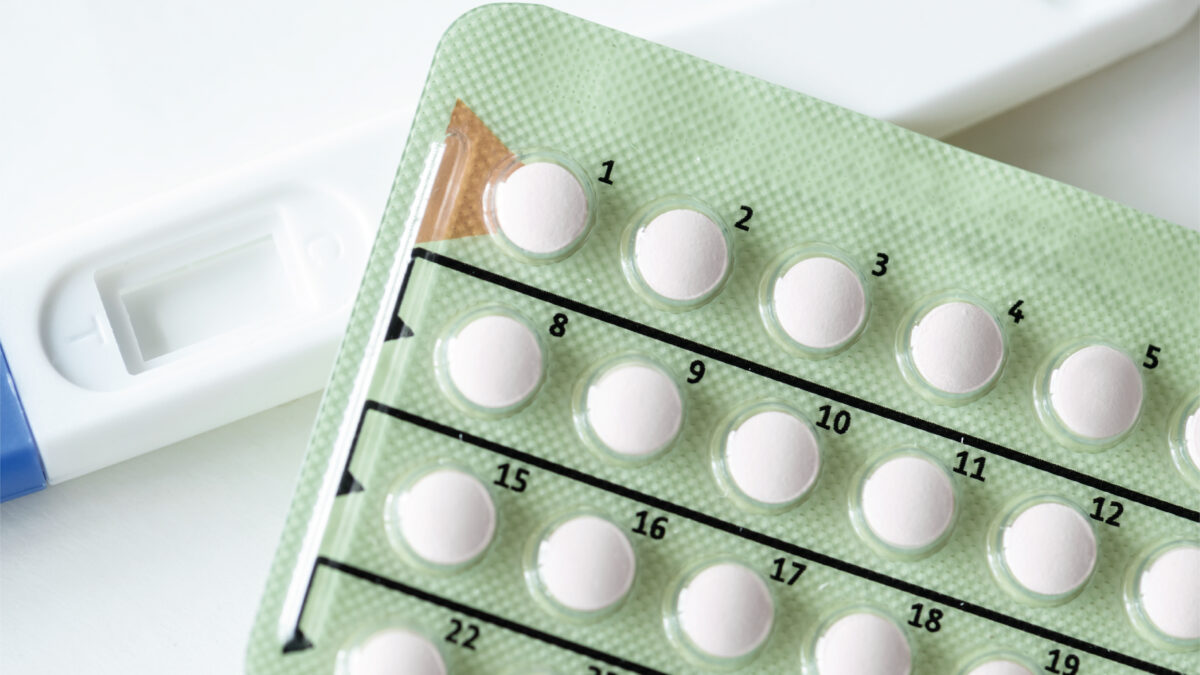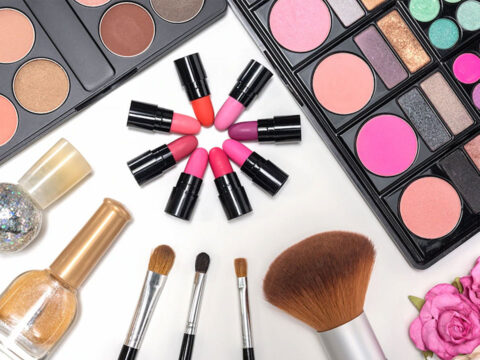
Milk Tea vs Black Tea: Diabetes-Friendly Choices
June 8, 2022
Does Sleep Deprivation Increase The Risk Of Diabetes?
June 8, 2022Diabetes is one of the most common health problems that can complicate pregnancies, especially if they are unplanned. Therefore, for diabetic women, it becomes crucial to avoid pregnancies until they are ready. However, when it comes to avoiding pregnancies, there are so many methods of contraception or birth control, one of the most common being hormonal contraceptive pills.
It is important to understand the safety and complications associated with these methods and choose the best birth control for yourself.
Diabetes And Birth Control: A Quick View
Contraceptive methods such as birth control pills, patches, implants, rings, etc., are generally considered safe for women with diabetes, but sometimes these hormonal contraceptive methods may change how the body handles carbohydrates and disrupt the levels of blood sugar in the body.
Hence, it is essential to understand the complications of these birth control methods and choose wisely. You should also consult a doctor before opting for any birth control method.
Effects Of Hormonal Contraceptives On Diabetes

Hormonal contraceptives usually contain either oestrogen and progestin or progesterone only. These hormones impact your blood glucose levels, particularly oestrogen.
Oestrogen found in birth control pills and other hormonal contraceptive methods can raise blood sugar levels and increase insulin resistance, developing a higher insulin need for the body. Progestin can also impact diabetes as it can lead to an overproduction of insulin in the body. Therefore, many doctors do not prescribe hormonal birth control methods for women with diabetes.
Long-Term Complications That May Arise
Birth control pills containing oestrogen can raise blood pressure levels in the body. High blood pressure levels can adversely impact your blood sugar levels as well as increase the risk of heart diseases, kidney diseases and eye diseases.
Which Birth Control To Use?
The answer to this question highly depends on your blood sugar levels and health complications. You must consult with your doctor to understand the impact and complications of all birth control methods.
Apart from hormonal contraceptives, other methods of birth control, such as condoms, cervical caps, diaphragms, etc., also exist. Discuss with your doctor and choose the best birth control for you.
On A Final Note
Although all contraceptive methods are considered safe, hormonal contraceptives may impact your diabetes management. The oestrogen contained in the hormonal contraceptive methods, like birth control pills, may elevate your blood sugar levels and increase insulin resistance. It can also cause many long term health complications. Hence, it is important to consult a doctor and understand which birth control method will be safest for you.
References
- https://www.diabetes.co.uk/diabetes-contraceptive-pill.html
- https://www.ncbi.nlm.nih.gov/pmc/articles/PMC5683149/
- https://www.ncbi.nlm.nih.gov/pmc/articles/PMC4135453/
- https://www.cochrane.org/CD006133/FERTILREG_hormone-contraceptives-and-how-body-uses-carbohydrates-women-without-diabetes
- https://www.exxcellence.org/list-of-pearls/contraception-for-women-with-diabetes/?categoryName=&searchTerms=&featured=False




